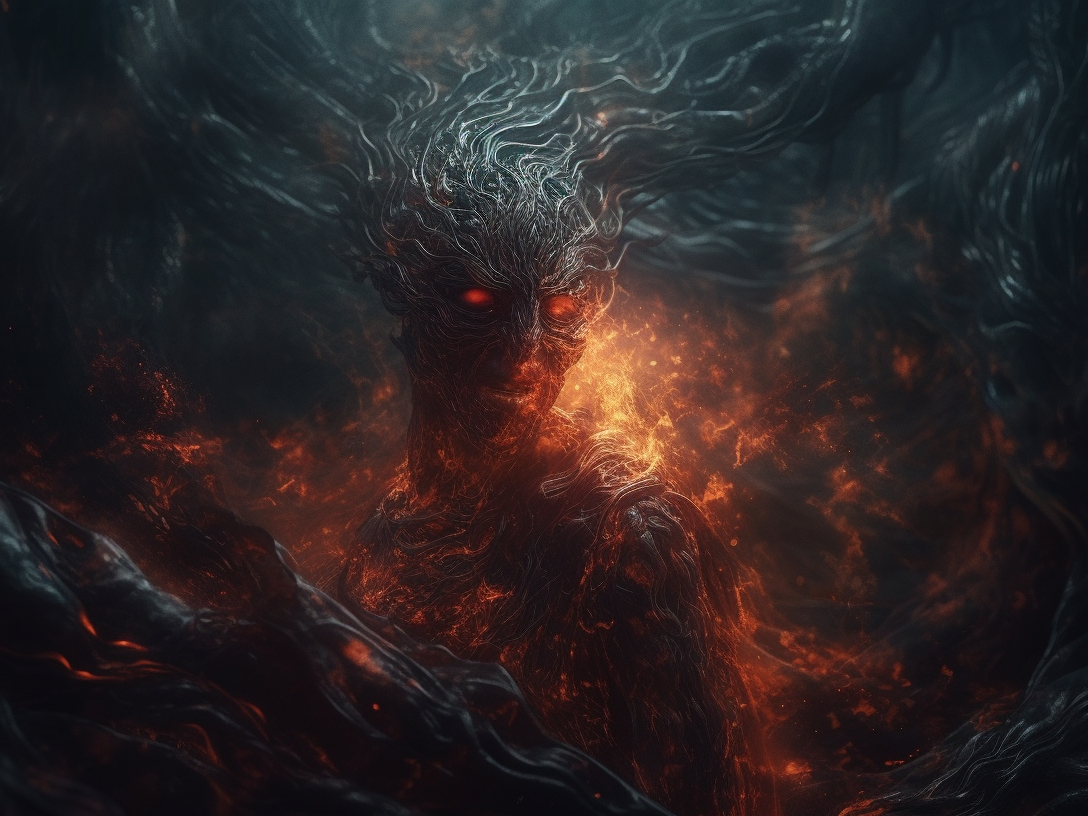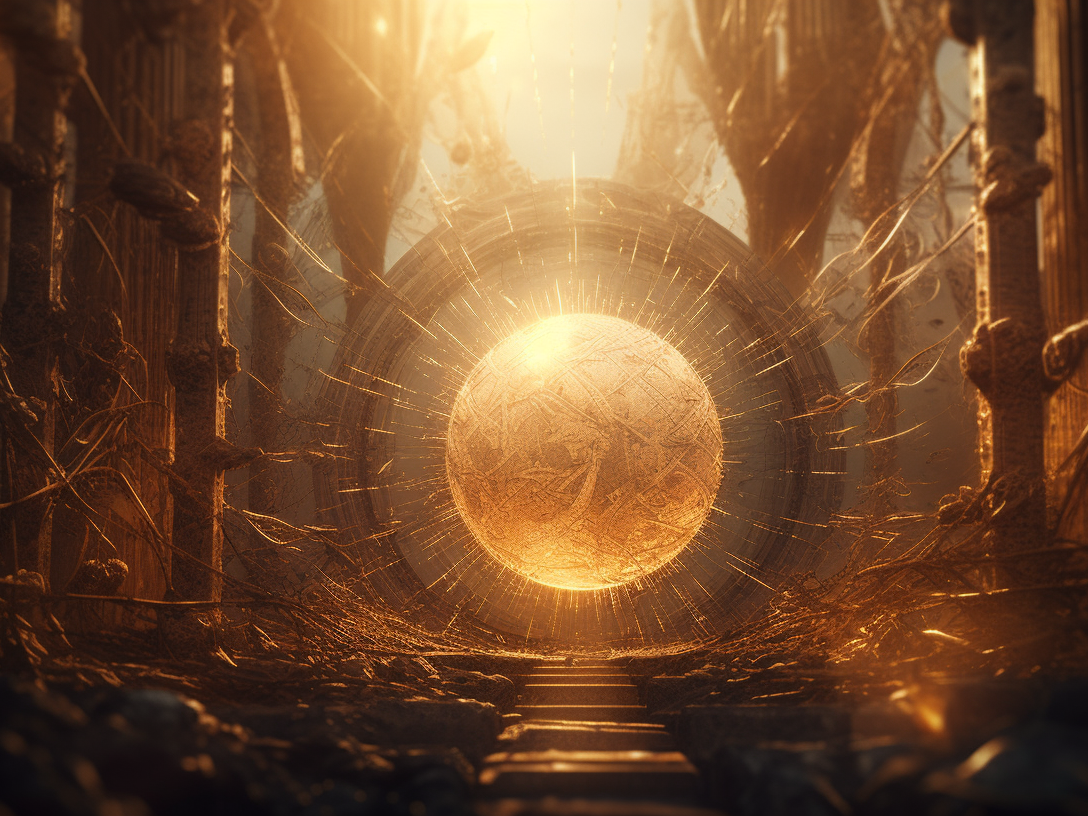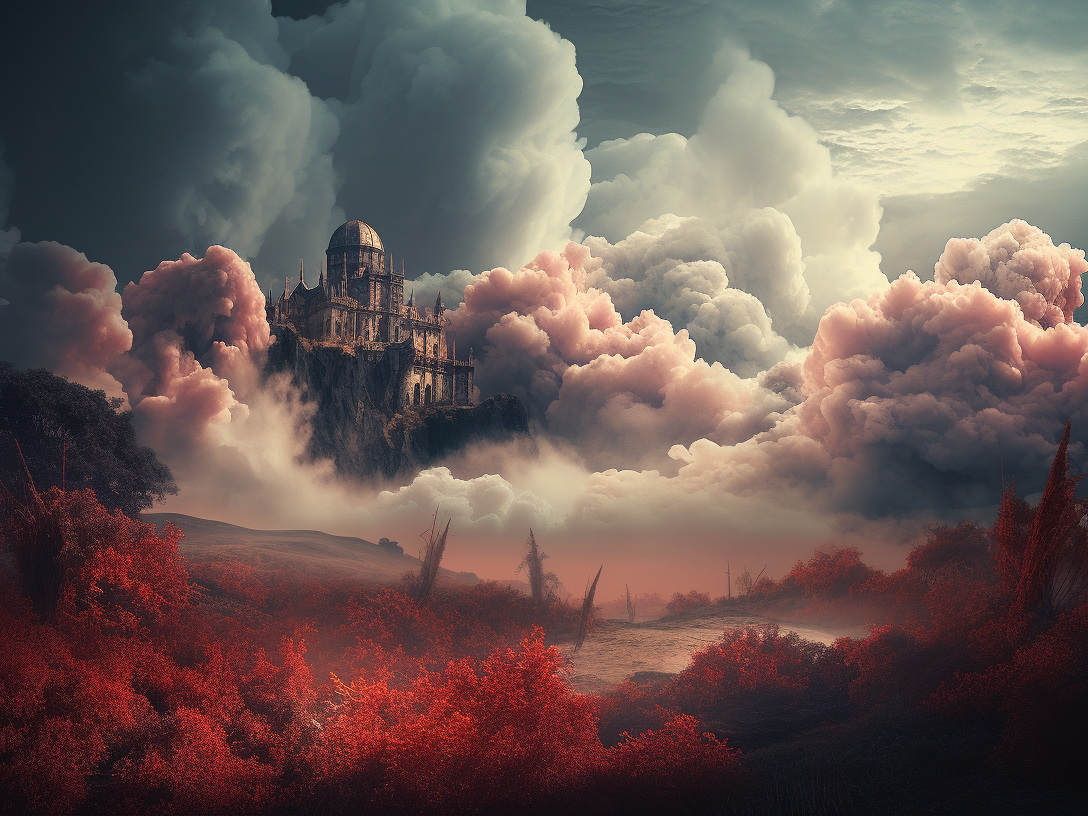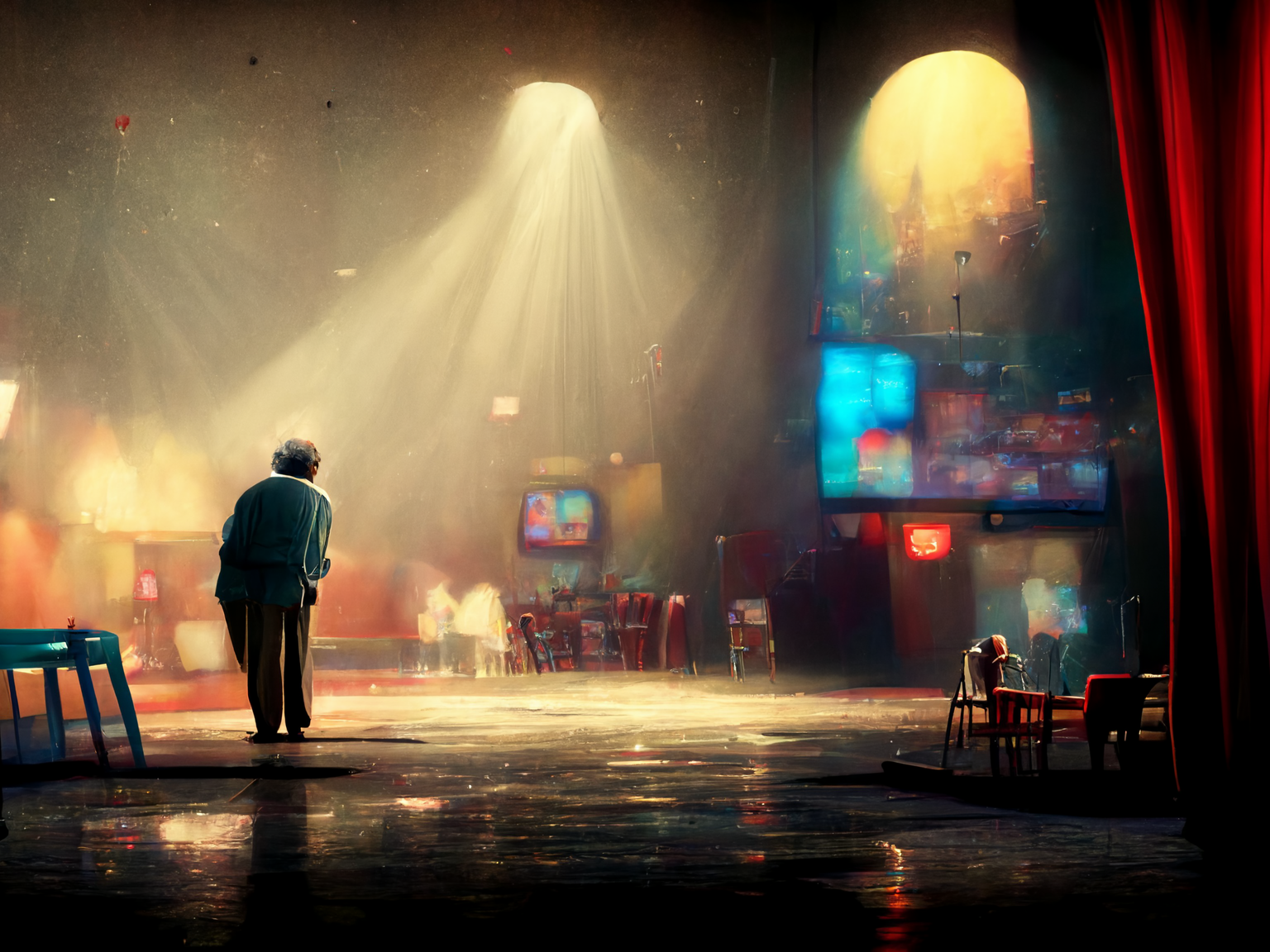Since the beginning, we have looked to the stars and wondered what might dwell among them, or if we truly are alone in this place we call home. Delving into the depths of theoretical astronomy, we can put a name to this existential question, travel its crossroads, and offer up possible solutions to the paradox that defines our existence.
Relying on statistical prediction, one can assume that the Milky Way galaxy, our home, could harbor life on millions of planets. Our galaxy has existed for over thirteen billion years, and during that time, millions of planets could have given rise to complex life. It’s possible that with time, life has evolved far beyond our comprehension.
Civilizations can be grouped into three classes on a scale known as the Kardashev Scale, created by Nikolai Kardashev in 1964. With three levels, each correlating to a different stage of development, this scale quickly pushes into the theoretical realm. A stage one civilization holds complete control over its home planet, with unrestricted access to its resources and power sources. A stage two civilization holds power over its home planet and its host star. This civilization would be able to gather mass amounts of power from its sun, utilizing a theoretical device called a Dyson Sphere, which encapsulates stars and draws out their energy. Level three civilizations are beyond our current understanding, so powerful that they can exploit entire galaxies. At the moment, humanity is believed to be around 0.73 on this scale, predicted to reach stage one within the next century.
But, if such complex life fills the universe, why have we seen nothing? This is the basis of the Fermi Paradox.
At the crux of this paradox are universal filters; certain evolutionary barriers life must pass through to survive. The point of concern arises when one considers two equally terrifying outcomes: one, that there is a universal filter demolishing all life once it reaches its peak, and we have yet to reach that point. This would explain the lack of life in the observable universe and doom humanity to extinction. The second option is that we are one of the rare civilizations that have overcome the “Final Filter” and are now alone among the stars, the sole survivor in a cosmic graveyard.
Multiple solutions to this paradox have been proposed. Currently, there are eleven dominant theories. From them, I will analyze the three I find most interesting. The first theory is known as the Fishbowl hypothesis. This is the idea that no matter how hard we try to contact foreign species, we will never overcome basic evolutionary differences. A goldfish will never understand a child no matter how hard they try to communicate, and this could be the same for foreign species. To a stage three civilization, we are just cosmic ants building little mounds. We may be looking at an alien civilization through our telescopes today and not comprehend its existence. A fish only knows its bowl, a squirrel only knows its tree, and we only know our home.
The next theory is the Rare Earth hypothesis. This proposes that once one accounts for the many variables needed for life, one might find that we are nothing more than a cosmic rarity. We may be the last survivor in a dead universe. Or, we may be the firstborn in a universe just beginning.
This brings us to the final theory, the Dark Forest Hypothesis. This hypothesis argues that civilizations across the universe exist but are permanently locked in predatory competition, similar to that of life on Earth, and as such, would be foolish to reveal their location.
Author and presenter of the Dark Forest theory, Liu Cixin, describes it as such:
The universe is a dark forest. Every civilization is an armed hunter stalking through the trees like a ghost, gently pushing aside branches that block the path and trying to tread without sound. Even breathing is done with care. The hunter has to be careful because everywhere in the forest are stealthy hunters like him. If he finds other life—another hunter, an angel or a demon, a delicate infant or a tottering old man, a fairy or a demigod—there’s only one thing he can do: open fire and eliminate them. In this forest, hell is other people. An eternal threat that any life that exposes its own existence will be swiftly wiped out. This is the picture of cosmic civilization. It’s the explanation for the Fermi Paradox. (Cixin, par. 3)
Are we alone, or is there something waiting among the stars? This question has two possible answers, yes, and no, and both are equally terrifying.










